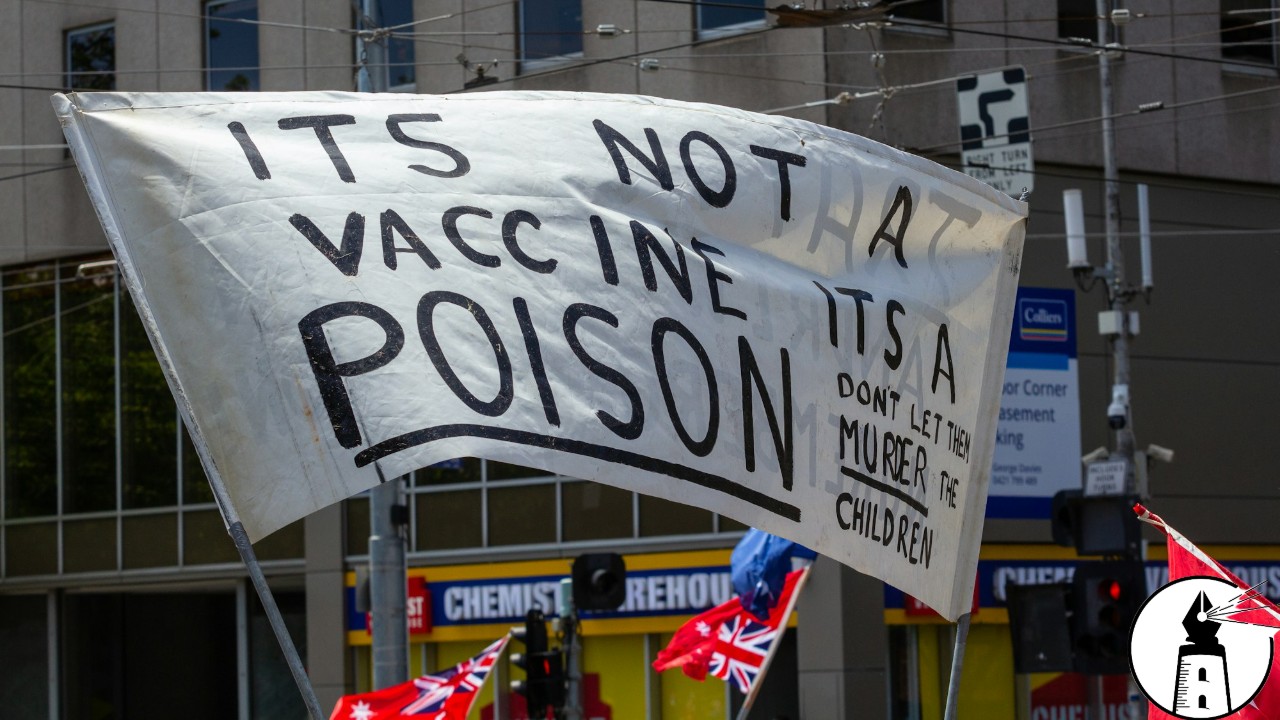For all the rhetoric surrounding the current government shutdown, one talking point has risen above the rest. Republicans insist that Democrats forced the shutdown in order to extend free health care to undocumented immigrants and fund gender-affirming surgeries. It’s a message crafted to inflame cultural divides, but it has little grounding in policy or fact. What it does effectively, however, is distract from what is actually at stake: cuts to health care programs used by millions of low-income Americans, including many Republican voters.
Undocumented immigrants are already barred from accessing Medicaid and from purchasing subsidized coverage through the Affordable Care Act exchanges. Independent health policy experts have reiterated that these programs are limited to citizens and lawfully present immigrants with qualified status, many of whom are still subject to multi-year waiting periods. Emergency Medicaid does cover undocumented people, but only as a backstop for hospitals treating urgent cases. It’s an expense that represents a tiny fraction of overall Medicaid spending.
The shutdown standoff is not about new benefits for undocumented immigrants or gender-affirming care. The fight began after the Trump administration and congressional Republicans passed the Working Families Tax Cut Act, branded as the president’s “One Big Beautiful Bill.” The bill extends major tax breaks to the wealthy while offsetting those cuts with rollbacks to Medicaid and federal health subsidies. The Congressional Budget Office estimates that provisions in the law will strip more than a trillion dollars from Medicaid and SNAP over the next decade.
Those cuts would not fall evenly. Medicaid participation is especially high in rural states that consistently vote Republican. In places like West Virginia, Kentucky, Oklahoma, and Arkansas, large portions of the population rely on Medicaid for basic coverage. Many of these states also chose not to expand Medicaid under the Affordable Care Act, leaving residents even more vulnerable to premium increases and service reductions.
Democrats drew a line at allowing those cuts to take effect without preserving Affordable Care Act subsidies that are set to expire. Without those subsidies, millions of Americans will see their monthly premiums increase next year. The subsidies do more than help low-income households. They also help stabilize the entire insurance marketplace by keeping healthier and lower-income people enrolled. Without them, premiums rise for middle-class families and small business owners as well.
Many of the people who rely on Medicaid and subsidized insurance live in rural, working-class, and elderly households that traditionally vote Republican. These families are not political abstractions. They are farmers, service workers, retirees, and parents whose budgets cannot absorb steep increases in healthcare costs. Moreover, the same legislation cutting Medicaid also reduces funding for SNAP. Those food assistance cuts further narrow the safety net for households already struggling with medical expenses.
Meanwhile, the shutdown has financial consequences that go beyond partisan politics. The Congressional Budget Office estimates that around 750,000 federal employees could be furloughed. Many of those workers live far outside Washington, D.C., in purple or red-leaning regions where federal employment is a major economic pillar. Using the shutdown as leverage to fire or furlough workers adds another layer of economic harm to families who depend on consistent paychecks.
By framing the dispute around “illegal immigrants” and transgender health care, Republican leadership can avoid acknowledging that their own legislation targets safety-net programs used by their constituents. It redirects the conversation to cultural grievances instead of the material impact of policy decisions. The language also broadens the definition of “illegal immigrant” to include refugees, asylum seekers, and Temporary Protected Status holders. These are all people who are in the country legally but are politically convenient to lump together.
The reality is straightforward. The shutdown is being used to pressure Democrats into accepting deep cuts to Medicaid and higher premiums for low-income families. The culture-war messaging is not the motive; it’s the camouflage.
—By Greg Collier



